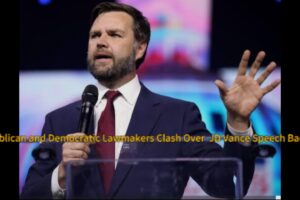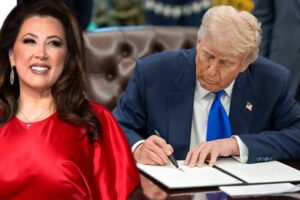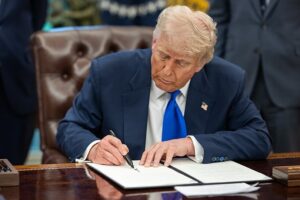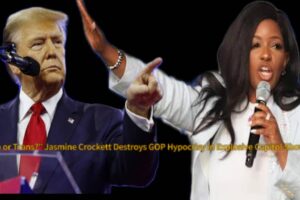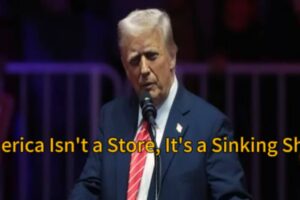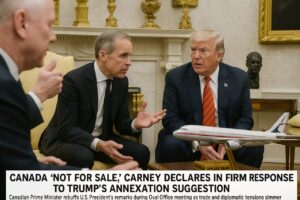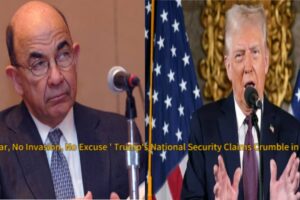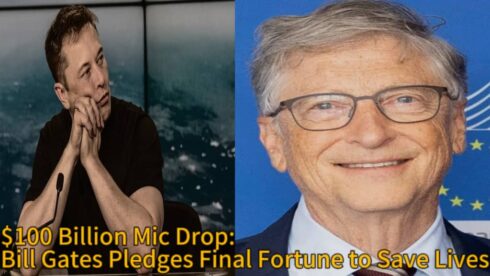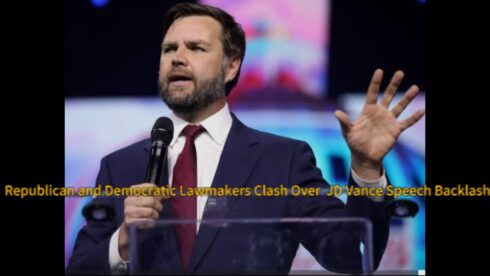The incoming US administration, led by President-elect Donald Trump, has once again thrust Canada-US relations into the spotlight with a provocative social media post referring to Prime Minister Justin Trudeau as the “governor” of the “Great State of Canada”. This latest rhetorical salvo comes in the wake of a late November dinner meeting at Trump’s Mar-a-Lago estate, where critical trade discussions were held amid looming threats of substantial tariffs.
The potential economic impact of Trump’s proposed 25% blanket tariff on Canadian goods cannot be overstated. Canada, with a population of 40 million, is one of America’s most crucial trading partners, sending approximately 75% of its total exports to the United States. The deeply integrated supply chains between the two nations mean that any significant trade disruption could have far-reaching consequences for both economies, making these negotiations critically important.
Trudeau’s Strategic Response and Diplomatic Approach
Prime Minister Trudeau has adopted a measured yet strategic approach to the potential trade confrontation. Speaking to the Halifax Chamber of Commerce, he emphasized Canada’s readiness to respond to potential tariffs, drawing from previous experiences during Trump’s first administration. Notably, when the previous US administration imposed levies on steel and aluminum, Canada implemented carefully targeted retaliatory tariffs that effectively pressured American economic and political interests.
Justin Trudeau’s diplomatic strategy involves a calculated response designed to demonstrate Canada’s resolve without escalating tensions unnecessarily. By imposing counter-measures on US goods like beer kegs, whiskey, and orange juice, Canada aims to create political pressure that resonates within the United States. The Prime Minister characterized these potential responses as “carefully targeted” and politically strategic, allowing Canada to “punch back” in a manner that would be felt by American policymakers and businesses.
Border Security and Political Posturing
The trade tensions are intertwined with broader discussions about border security, a recurring theme in Trump’s political narrative. While the president-elect has threatened tariffs against both Canada and Mexico unless border security is enhanced, the data tells a nuanced story. US Border Patrol statistics reveal significantly lower crossings and fewer drug seizures at the US-Canada border compared to the southern border with Mexico.
Trudeau has been careful to manage public perception, advising Canadians not to “freak out” about the potential tariffs. He suggests that Trump’s approach often involves deliberately destabilizing negotiating partners, a diplomatic tactic designed to create leverage. To prepare for potential negotiations, Trudeau is set to meet with provincial and territorial leaders to develop a coordinated strategy for engaging with the US administration.
Personal Dynamics and Diplomatic Humor
The personal interactions between Trump and Trudeau have been marked by a mixture of tension and informal banter. At the Mar-a-Lago meeting, Trump reportedly suggested that Canada could become the 51st US state—a comment quickly dismissed by Canadian officials as a joke. Public Safety Minister Dominic Leblanc, who accompanied Trudeau, emphasized that the remark was meant in jest, describing Trump as “telling jokes” and “teasing”.
This latest “governor” comment continues a pattern of provocative statements that blur the lines between diplomatic discourse and personal ribbing. Such remarks, while seemingly lighthearted, carry significant subtext in the complex landscape of international relations, potentially serving as both a negotiation tactic and a form of political performance. :: As Canada prepares for another round of discussions with provincial and territorial leaders, Trudeau remains focused on devising a strategic approach to U.S. trade negotiations. While Trump’s remarks may have added a humorous twist to an otherwise tense topic, they also serve as a reminder of the unpredictable dynamics at play in U.S.-Canada relations.


